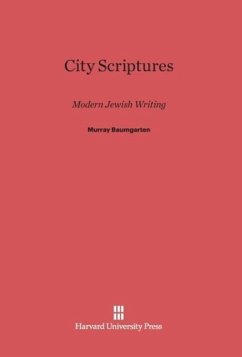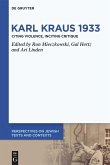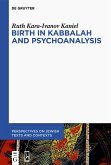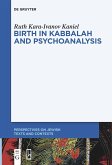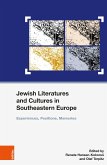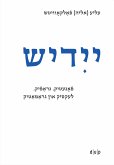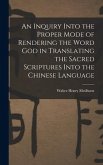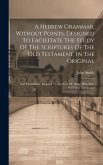This richly suggestive book examines the common bonds of thought and shared manner of expression that unite Jewish writers working in America, Eastern Europe, and Israel. Murray Baumgarten shows how Jewish traditions are reflected in the themes and narrative style of a diverse group of writers, including Saul Bellow, Henry Roth, Sholom Aleichen, Isaac Babel, and S.Y. Agnon.
Baumgarten finds in these writers a distinctive and symbolic use of the urban scene arid style of life-whether the city is Brooklyn, Chicago, Vienna, Warsaw, Odessa, or Jerusalem. He examines the pariah stance, and the different kinds of tension between freedom from communal ties and the pull of traditional culture. He demonstrates how Yiddish can flavor and inflect the syntax, how scripture can permeate the thinking and narrative devices, in writers of various nationalities.
Baumgarten finds in these writers a distinctive and symbolic use of the urban scene arid style of life-whether the city is Brooklyn, Chicago, Vienna, Warsaw, Odessa, or Jerusalem. He examines the pariah stance, and the different kinds of tension between freedom from communal ties and the pull of traditional culture. He demonstrates how Yiddish can flavor and inflect the syntax, how scripture can permeate the thinking and narrative devices, in writers of various nationalities.

